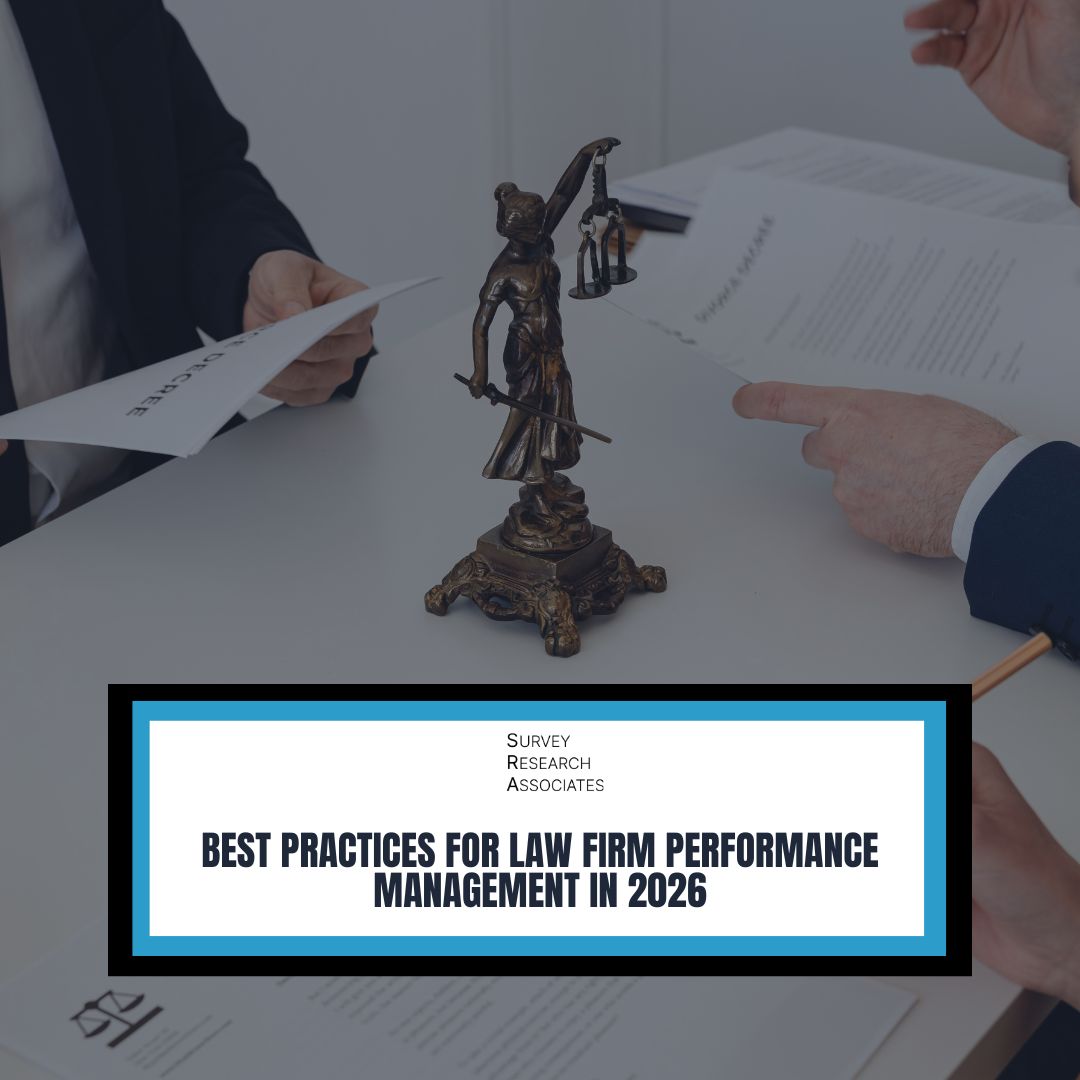The Brief That Went Nowhere
Picture this: a junior associate spends weeks on a complex brief. She researches tirelessly, drafts with care, and hands it in with quiet hope that she got it right.
Three weeks later, the partner’s response lands on her desk:
“This isn’t what I was looking for.”
By then, the chance to learn has slipped away. Instead of direction, she feels deflated. Instead of skill-building, she’s scrambling under pressure. The issue was never ability — it was timing.
This is the hidden cost of late feedback in law firms.
Why Late Feedback Fails Lawyers
Feedback is supposed to do two things: evaluate performance and guide growth. When it comes too late, it does neither.
Here’s what really happens when feedback lags:
- Confidence drops. Associates assume they lack competence instead of realizing they just needed guidance.
- Effort goes to waste. Weeks of work get tossed aside when a quick course correction could have saved hours.
- Growth stalls. Without real-time adjustments, lawyers learn slowly and repeat mistakes.
Gallup has found that when managers provide weekly, meaningful feedback, employees are about 3.5× more likely to be engaged than those who don’t receive it that often (Gallup). Gallup.com
For balance, Harvard Business Review has cautioned against overreliance on criticism, arguing in The Feedback Fallacy that the most effective development focuses on strengths and learning conditions rather than ratings and fault-finding (HBR). hbr.org
What Firms Can Do Instead
Yes, partners juggle billable hours and client demands. But holding feedback until the end of the year — or even the end of a matter — isn’t leadership. It’s a missed chance.
High-performing firms we work with take a different path:
- Create fast feedback loops. Short, specific, real-time comments course-correct work before it derails.
- Train partners on timing. The when matters just as much as the what.
- Build feedback into systems. Upward reviews and mid-matter check-ins make feedback a habit, not an afterthought. Gallup’s research shows that frequent, weekly feedback strongly correlates with higher engagement and motivation (Gallup). Gallup.com
Changing Culture, Not Just Checklists
At Survey Research Associates (SRA), we’ve seen entire firm cultures shift simply by improving when feedback is given.
When feedback is timely and two-way, firms see more than better work product. They see:
- Associates who grow confident instead of discouraged
- Partners who lead with clarity instead of assumption
- Clients who benefit from stronger, steadier teams
One partner told us after piloting fast feedback:
“I didn’t realize how much time I was costing associates by waiting. Now, I see improvement in weeks, not months.”
The Question Every Firm Should Ask
So next time you think, “I’ll give feedback later,” pause. Ask yourself:
Will this guide growth, or will it arrive too late to matter?
If your system leaves associates guessing, you don’t have performance management. You have performance delay.
At SRA, we design upward reviews and performance systems that make feedback timely, equitable, and actionable. Because when the right words arrive at the right time, they stop being criticism — and start being the reason lawyers grow.


